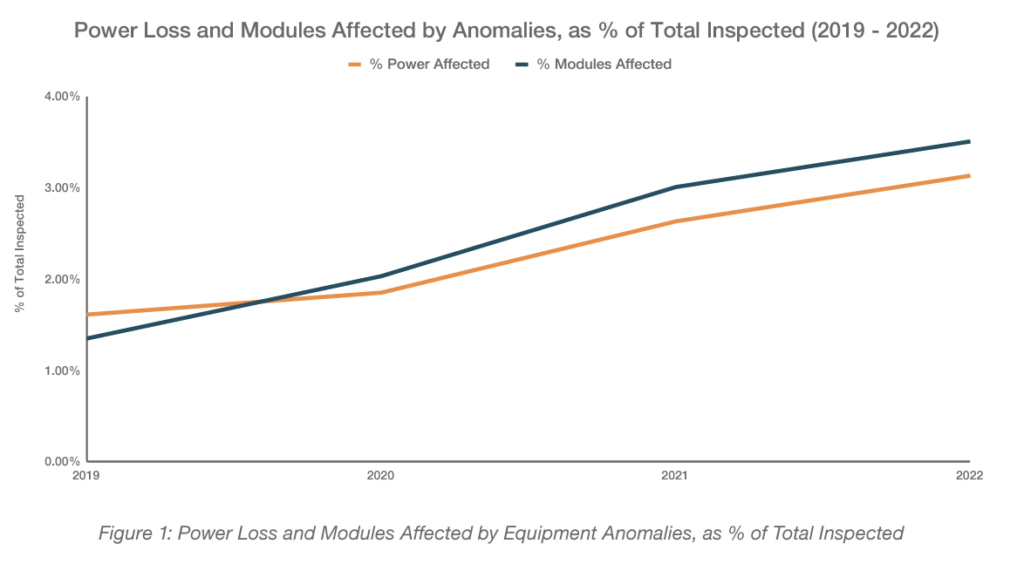Absorption Waning, Aviation Fuel Reality Check and Solar Underperforming
In this issue:
Greenwashers in the dock
Last week we reported HSBC is now listing greenwashing as a corporate risk. Not before time it seems, as this week we hear Australia’s corporate regulator, ASIC, has (for the first time) taken legal action over sustainability claims. The company in the dock is Mercer Superannuation Australia, who has been offering sustainable branded funds into the market when the portfolios included the likes of AGL (coal generation) and BHP (mining).
Executive pay increasingly linked to climate targets
Linking executive pay to climate targets is now commonplace in 75% of Europe’s 50 largest listed organisations in the STOXX index, which includes the likes of Adidas, Siemens, Volkswagen, AXA, BASF and Allianz according to the latest PwC/London Business School survey. Actual payouts averaged 86% of targets. However, the report does go on to say some of the targets lacked ambition, suggesting the bonuses were paid for achieving “easy” targets.
Is Sustainable Air Travel Realistic?
Some perspective on sustainable aviation fuels (SAF) emerged this week from the Royal Society (UK). Unless travel practices change, it seems producing sufficient SAF for the UK based aviation sector would require half of the country’s agricultural land to be repurposed to growing SAF feedstock. Alternatively, the country would require around three times its current wind and solar generation capacity to provide enough green hydrogen if that became the fuel of choice for sustainable air travel.
Large scale solar project performance deteriorating
The performance of large scale solar projects is deteriorating and could be costing US$2.5bn in revenue a year according to the latest research from Raptor Maps. Underperformance of non-residential solar projects due to project anomalies was 3.3% in 2022, down from 1.61% in 2019. Underperformance at larger sites (over 200MW) stood at 4.04% in 2022.

Forest and soil CO2 absorption is declining
The ability of forests and soil to absorb CO2 is diminishing according to new research from the Autonomous University of Barcelona. The team assessed two variables, year-to-year changes in carbon uptake and the likelihood of an ecosystem to restore its previous state following a shock. The conclusion is that climate change is already delivering the shocks and the ecosystems are struggling to recover.
Energy emissions increase but growth rate slowing
Global emissions increased again in 2022 but not by as much as had been feared, according to the latest from the IEA published this week. Energy related emissions grew by 0.9% in the year, the growth rate held down by the increasing penetration of clean energy technologies. GDP grew by 3.2%, so the news carries a few positives even though the overall growth trend remains unsustainable.
